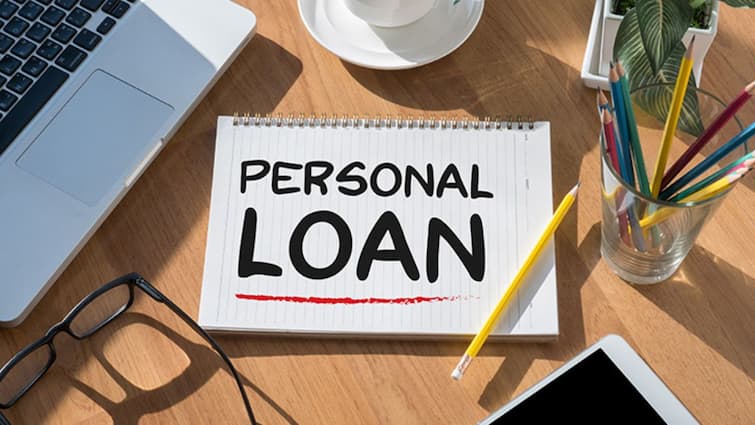Younger generations in this country are increasingly relying on personal loans to finance the purchase of modern equipment. A recent study by Home Credit India reveals that Gen Z and Millennials are looking to buy more smartphones and other devices thanks to personal loans, even if they can’t afford them. I did.
The study, titled ‘How India Borrows’, found that the desire to buy luxury smartphones and consumer electronics has led to a surge in demand for personal loans. As a result, the share of credit (among personal loans) jumped from 1% in 2020 to 37% in 2024, Moneycontrol reported.
The study was conducted across 17 cities in India and included approximately 2,500 borrowers with an average monthly income of Rs 31,000. These participants were in the age range of 18 to 55 years. The annual report by the fintech company sought to highlight trends in consumer borrowing in the country.
India’s borrowing trends
The study also found that borrowing for home renovation and construction will jump from 9% in 2022 to 15% in 2024. This shows that consumers are increasingly interested in home upgrades, driven by a positive economic outlook and rising ambitions. For home ownership.
While demand for education loans remained stable at 4% from 2022 to 2024, borrowing for wedding-related expenses increased to up to 5% in 2024, compared to 3% in 2021.
However, borrowing related to medical emergencies decreased from 7% in 2020 to 3% in 2024. This indicates improved financial planning and increased coverage among participants.
Also read: FMCG seller alleges unfair business practices by quick commerce merchants, seeks CCI help
The report noted that loans for the purchase of cars and two-wheelers accounted for 6% of the overall trend in 2024, a sharp increase from 1% in 2020. This shows that consumers are increasingly demanding personal transportation.
personal loan problems
Although personal loans continue to grow in popularity, be aware that they come with their own drawbacks. The high interest rates applicable on this form of credit can put consumers in a debt trap if they fail to repay the loan or default on the equal monthly installments (EMIs). This can also affect your credit score and limit your ability to access credit in the future.


